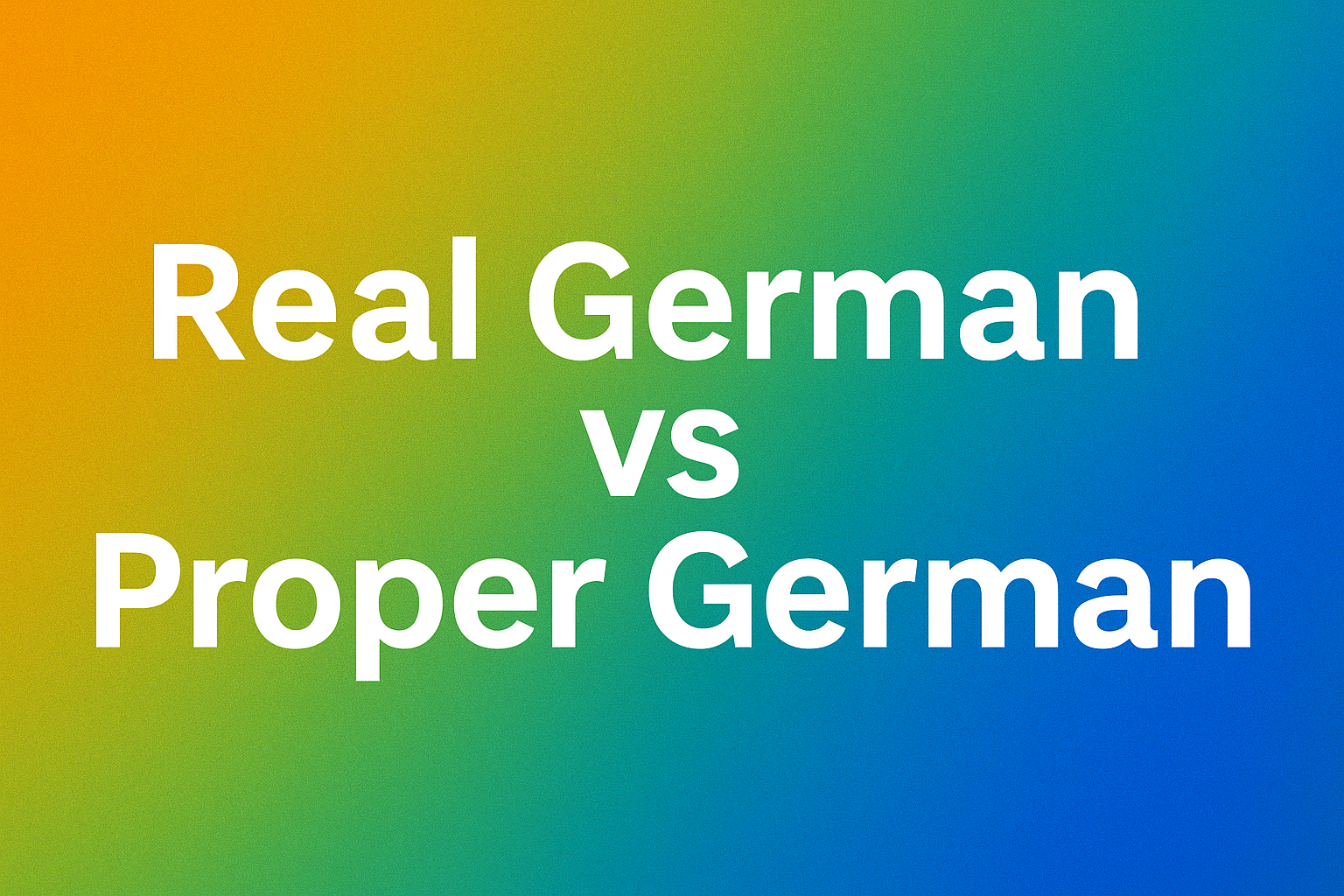Kolumne des Autors | Tymur Levitin über Sprache, Bedeutung und Respekt
© Tymur Levitin — Founder, Director and Lead Educator of Levitin Language School & Start Language School by Tymur Levitin
“The limits of my language mean the limits of my world.” — Ludwig Wittgenstein
Einführung
If you’ve ever tried translating from Ukrainian or Russian into English, you’ve probably noticed: the deeper the sentence, the more options you face.
Wörter wie вже (“already”), ще не (“not yet”), поки (“while”) or time anchors like щойно (“just now”) and коли(“when”) seem simple — until you try to choose the right tense in English.
This article explores how grammatical time, aspect, and context shift the meaning and structure of English sentences. You’ll see how a single idea can be expressed in multiple ways depending on the speaker’s intention and timeframe — and why literal translation is often misleading.
This is not just about grammar. It’s about thinking like a translator.
Warum das wichtig ist
Translators, language learners, and even native speakers often struggle with:
- Choosing the correct tense (Present Perfect vs Past Simple vs Past Perfect)
- Recognizing when Kontext changes the choice
- Understanding “time logic” between languages
- Avoiding false grammatical equivalence
Let’s explore how English reveals nuance in ways Slavic languages encode through aspect and temporal markers.
Examples: 5 Groups of Complexity
Group 1: Present Perfect vs Past Simple
Вона вже прочитала цю книгу.
✅ Sie hat dieses Buch bereits gelesen.
⛔ Sie hat dieses Buch bereits gelesen. (Loses nuance)
Present Perfect expresses a result connected to the present. We care about the now: she’s finished the book.
Related page:
🔗 Englisch lernen
Group 2: Past Progressive vs Past Simple
Ми поверталися додому, коли почався дощ.
✅ We were going home when it started to rain.
Past Continuous sets the background action — the rain interrupts it.
Я розмовляв з ним, коли ти подзвонив.
→ I was talking to him when you called.
Group 3: Unreal Conditional + Past Perfect
Якби я знав про це раніше, я би не пішов туди.
✅ If I had known about it earlier, I wouldn’t have gone there.
This is the third conditional — imagining a different past.
Related reading:
🔗 Why ‘a apples’ Doesn’t Exist: When Grammar Is Just Logic
Group 4: Continuous Aspect in the Present
Ми чекаємо на неї з самого ранку.
✅ We’ve been waiting for her since early morning.
Present Perfect Continuous — action started earlier and continues now.
Vergleichen Sie:
Ми вже чекали, коли вона подзвонила.
→ We had already been waiting when she called.
Group 5: Reported Speech & Time Shifts
Він сказав, що приїде завтра.
✅ He said (that) he would come tomorrow.
Reported speech shifts “will” → “would.”
Вона пояснила, що вже все підготувала.
→ She explained that she had already prepared everything.
This group requires you to mentally step back in time — it’s translation within translation.
Context Changes Everything
- Я знаю, що вона мене не чує, але все одно кажу.
→ I know she doesn’t hear me, but I say it anyway. - Я знав, що вона мене не почує, але все одно закричав.
→ I knew she wouldn’t hear me, but I shouted anyway. - Я завжди знаю, коли вона не чує.
→ I always know when she’s not listening.
Each sentence shows how the same idea transforms with intention and timing.
Grammar Trap Combinations
- Щойно + Perfect → have just done
- Поки + Continuous → while I was doing / while I am doing
- Ще не + Perfect → haven’t yet done
- Виглядав ніби… → looked as if / looked like he was going to…
- Навіть якщо / якби → even if / even though / even when — the difference is contextual.
Suggested Pages to Explore
- 🔗 Englisch lernen
- 🔗 Englische Lexikologie: Die Logik der Wörter in der Lingua Franca der Welt
- 🔗 Your English Teacher — Tymur Levitin
Abschließende Überlegungen
Good translation is not just about matching grammar. It’s about logic, nuance, and how people perceive time, emotion, and action.
One sentence can transform based on perspective — and that’s what makes real language so powerful.
Whether you’re a learner, a teacher, or simply curious — learn to feel the language, not just follow its rules.
🔗 Suggested Reading
- Englisch lernen
- Englische Lexikologie: Die Logik der Wörter in der Lingua Franca der Welt
- Your English Teacher — Tymur Levitin
Autor: Tymur Levitin — certified translator, educator, and founder of Levitin Language School & Start Language School by Tymur Levitin
Kategorie: Kolumne des Autors | Tymur Levitin über Sprache, Bedeutung und Respekt
























